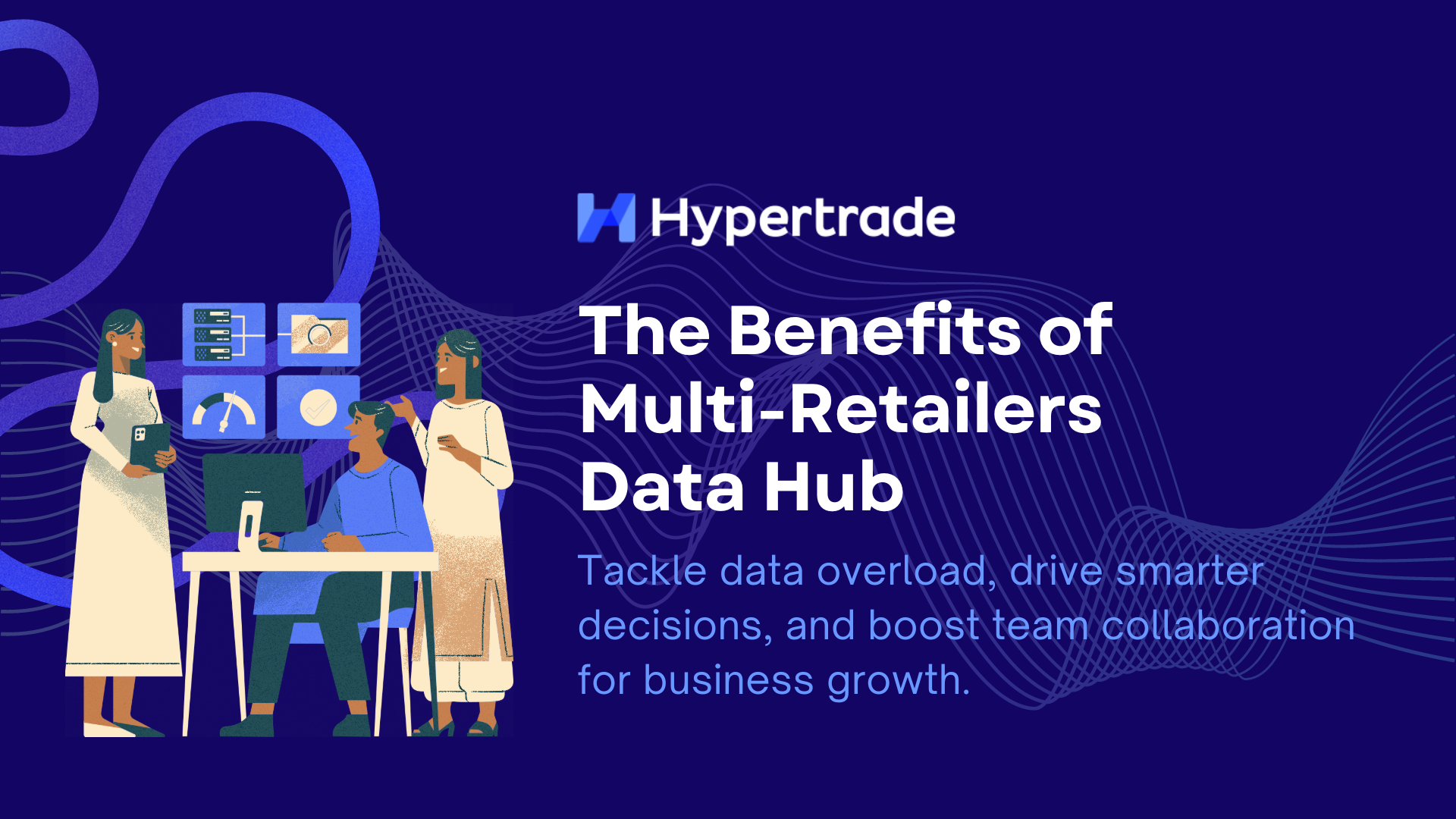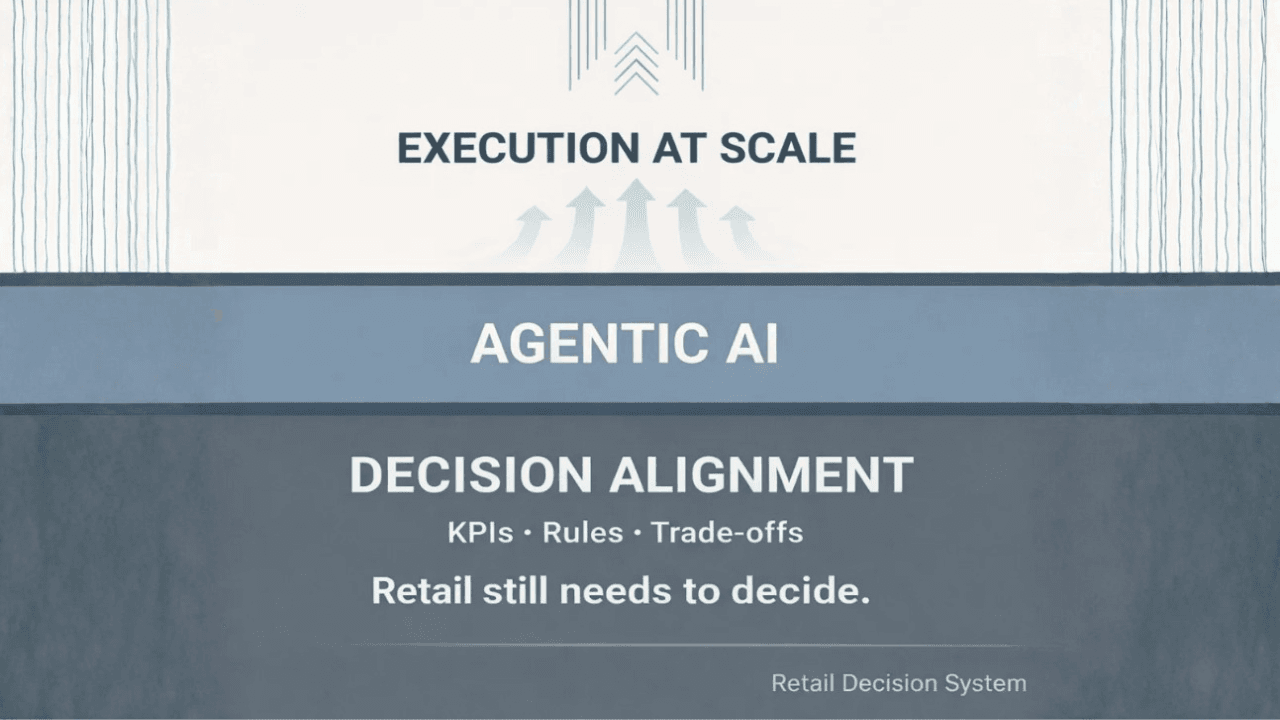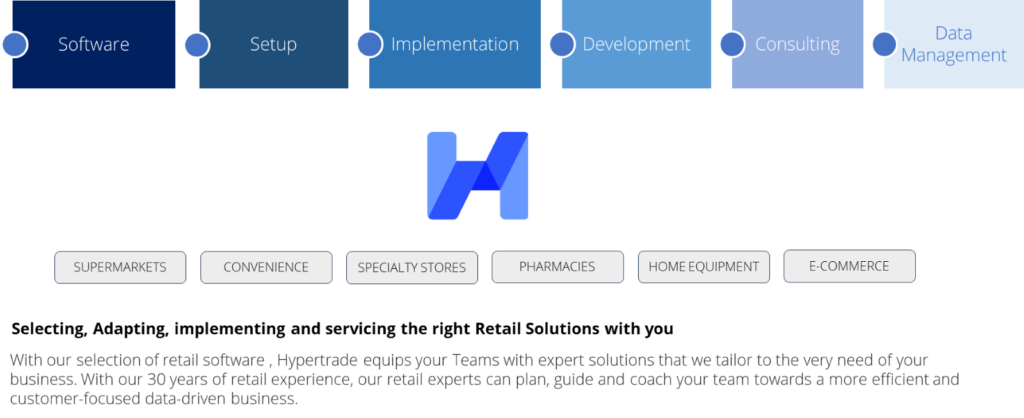The retail landscape has undergone a dramatic shift. Traditionally, suppliers relied on point-of-sale (POS) data purchased from individual retailers to monitor their own and their competitors’ performance and understand category and shopper dynamics. However, the game has changed. Retailer data has become a near-commodity, and suppliers are now drowning in a sea of information.
This abundance, however, presents a new challenge: data overload. POS and sometimes Loyalty data from multiple retailers often arrives in disparate formats, reflecting each retailer’s unique segmentation methods. Cleaning, structuring, and preparing this data for analysis can be a time-consuming nightmare, taking weeks before any meaningful insights can be gleaned.
This is where multi-retailer data hubs emerge as a critical necessity. These platforms act as centralized repositories, automatically ingesting and harmonizing data from various retailers. They break through data silos, allowing suppliers to gain a holistic view of their performance across different channels and customer segments.
Why are Multi-Retailer Data Hubs Essential?
There are at least 5 main reasons why multi-retailer data hubs are a must-have for suppliers in today’s data-driven retail environment:
1. Unified View of Performance & Competition
Instead of piecing together insights from fragmented data, a data hub provides a single source of truth, enabling a clear understanding of product performance, category trends, and shopper behavior across all retail partners.
2. Deeper Customer Understanding
By combining data from various retailers, suppliers can gain a comprehensive view of their customer base. This allows them to identify cross-shopping patterns, understand customer preferences across channels, and develop targeted marketing strategies.
3. Faster Time From Insights to Action
Data hubs automate the cleaning and structuring process, offer multi segmentation views, eliminating the need for manual data manipulation. This translates to faster turnaround times for analysis, allowing suppliers to make data-driven decisions quickly and capitalize on emerging trends.
4. Improved Category Management
Data hubs provide a wealth of information on category performance across different retailers. This enables suppliers to optimize product assortments, pricing strategies, and promotional activities for each customer segment.
5. Enhanced Collaboration
Data hubs facilitate collaboration between sales, marketing, and category management teams. By sharing a unified data platform, these teams can work together to develop more effective strategies and improve overall brand performance.
Hypertrade: Your Ideal Partner for Building a Multi-Retailer Data Hub
At Hypertrade, with 20 years’ experience in category management, we understand the power of multi-retailer data hubs and offer the ideal solution for suppliers seeking to unlock the true potential of their data. Our flagship product, Ariane 4S, is a comprehensive data hub platform built with the specific needs of suppliers in mind.
Here’s what sets Ariane 4S apart:
- Advanced Data Ingestion: Ariane 4S boasts cutting-edge data ingestion technology. It can automatically pull data from multiple retailers, regardless of format, ensuring seamless data integration.
- Machine Learning-Powered Data Cleaning & Structuring: The platform utilizes machine learning algorithms to automate data cleaning and structuring tasks. This eliminates manual intervention and significantly reduces the time it takes to prepare data for analysis.
- Automated Analyses & Diagnostics: Ariane 4S goes beyond data aggregation. It leverages advanced category management algorithms to automate analyses and diagnostics. This provides suppliers with actionable insights into product performance, category trends, and customer behavior.
- Faster Time to Action: With automated data preparation and analysis, Ariane 4S delivers insights in minutes, not weeks. This empowers sales teams to be more proactive, identify opportunities quickly, and react to market changes in real-time.
- Scalability and Flexibility: The platform is built to scale, allowing suppliers to handle increasing data volumes with ease. Additionally, Ariane 4S is flexible and can be customized to meet the specific needs of your business.
- Eliminate Development Costs: Hypertrade offers a pre-built solution, eliminating the need to invest heavily in developer resources and data science teams. This allows suppliers to start reaping the benefits of a multi-retailer data hub immediately.
Conclusion
In today’s data-rich retail environment, multi-retailer data hubs are no longer a luxury, but a necessity. By harnessing the power of these platforms, suppliers can unlock valuable insights from their data, gain a deeper understanding of their customer base, and make data-driven decisions that drive growth and profitability.
Hypertrade, with its advanced Ariane 4S solution, stands as the ideal partner for suppliers seeking to build a robust data hub and unlock the full potential of their retail data. Let us help you navigate the sea of information and transform data into actionable insights for success.







